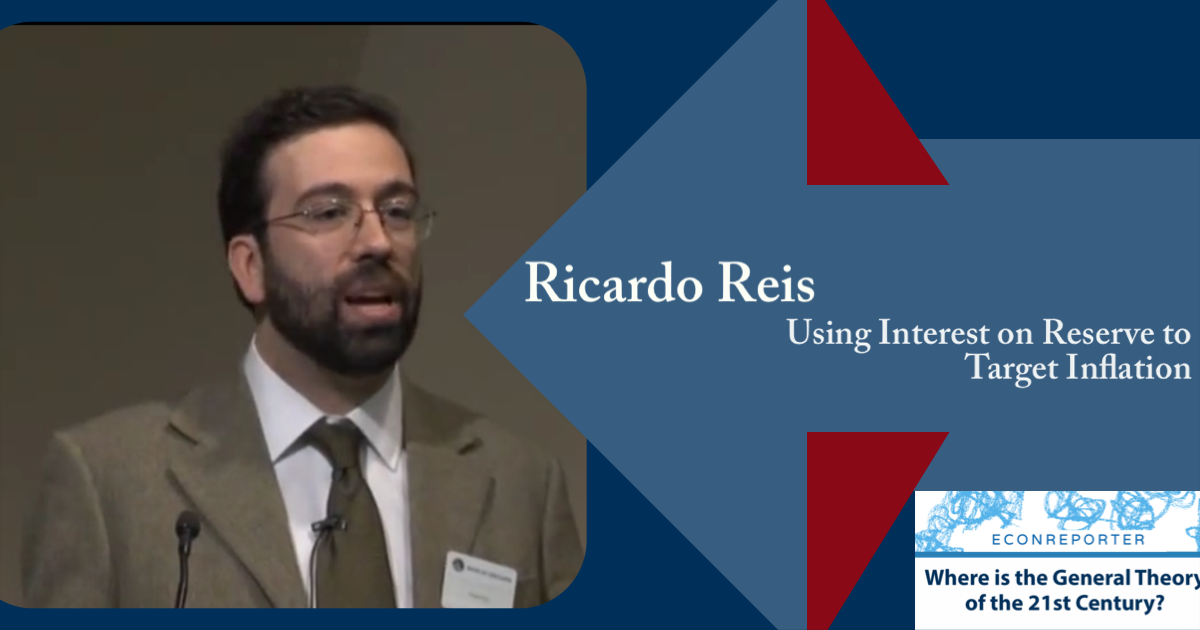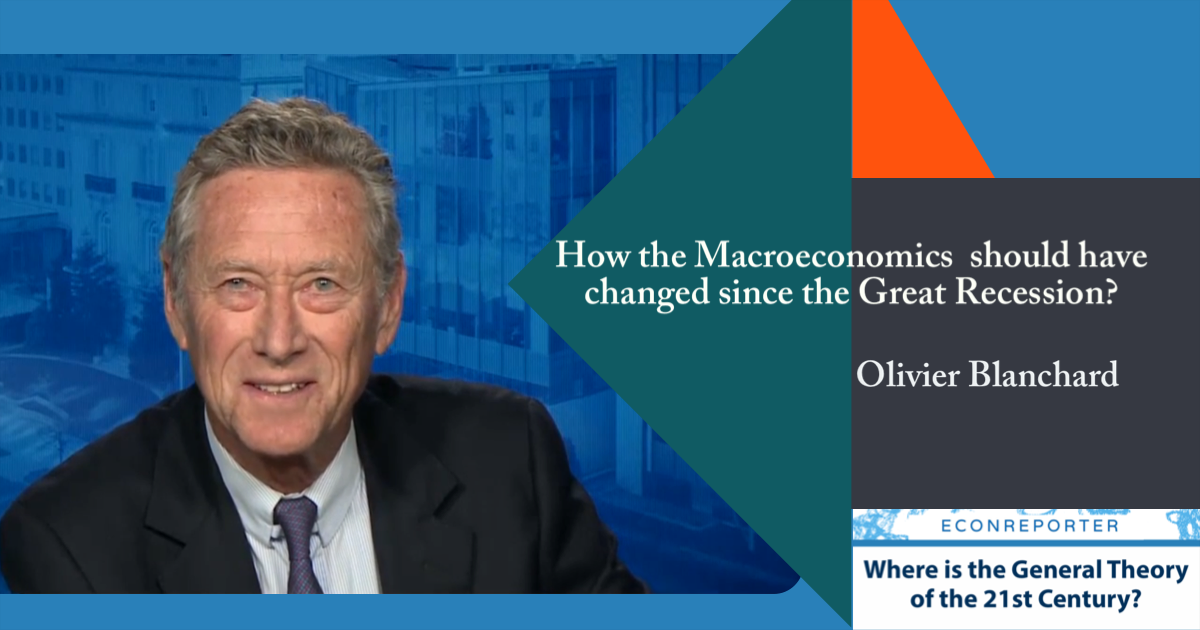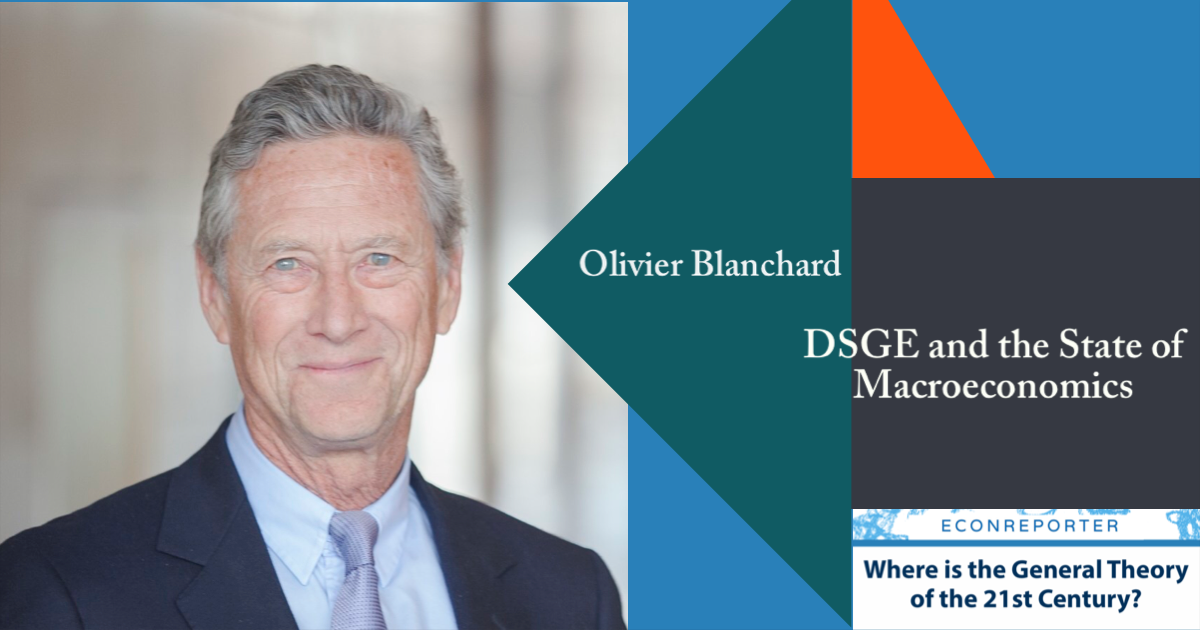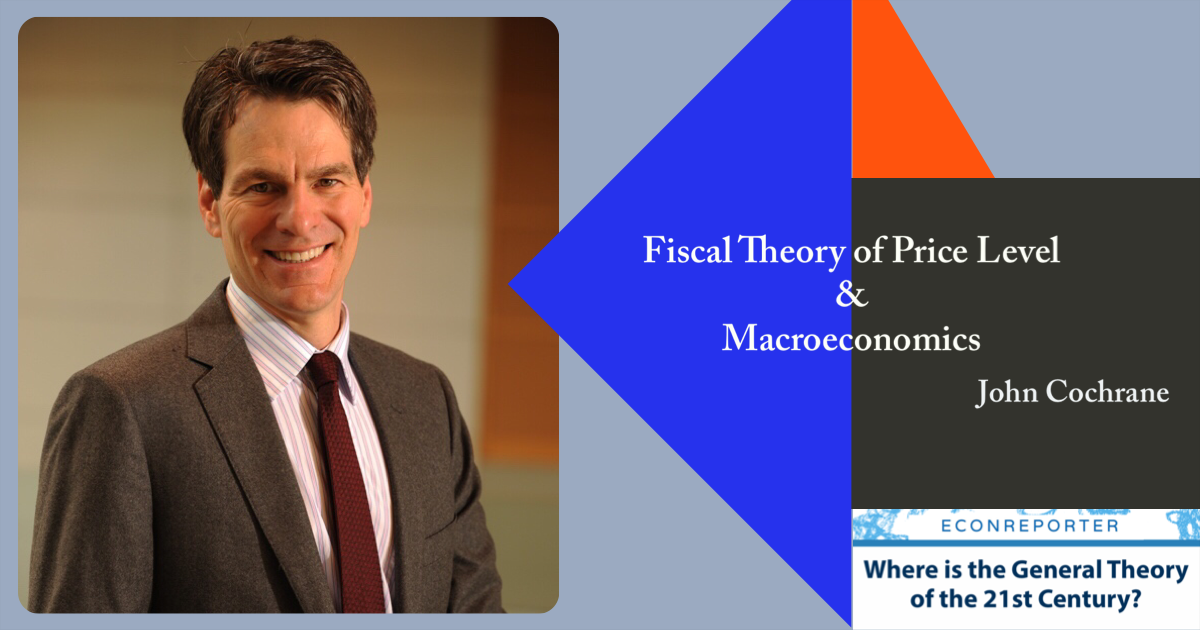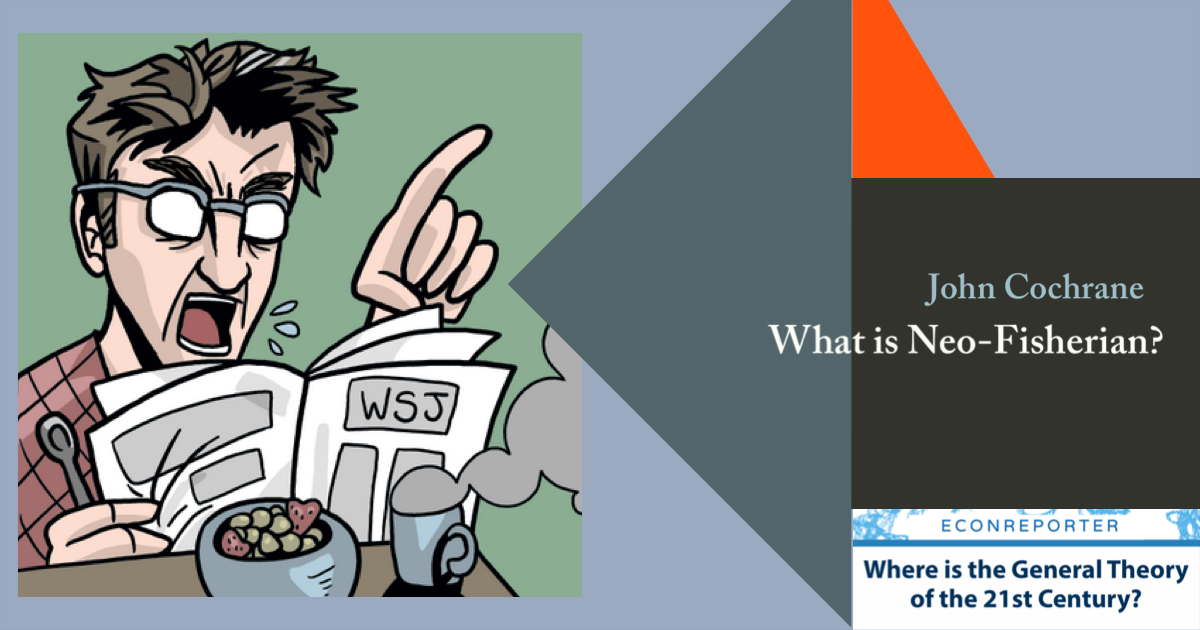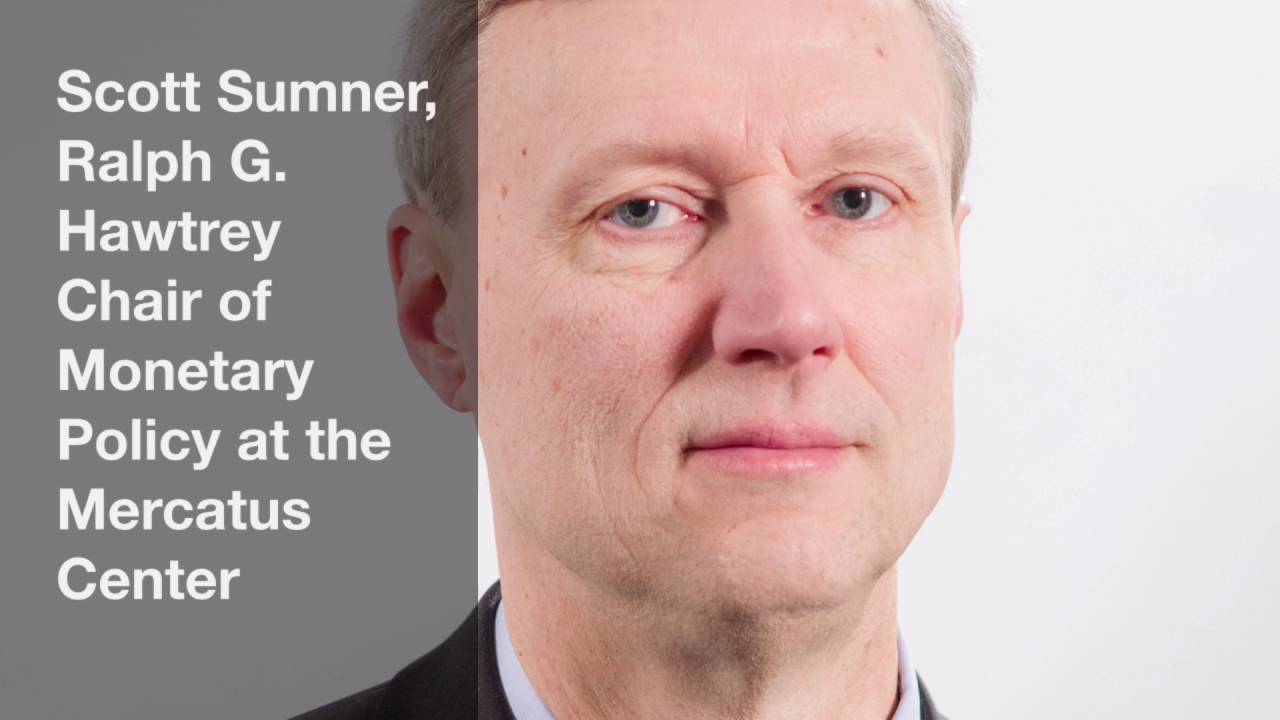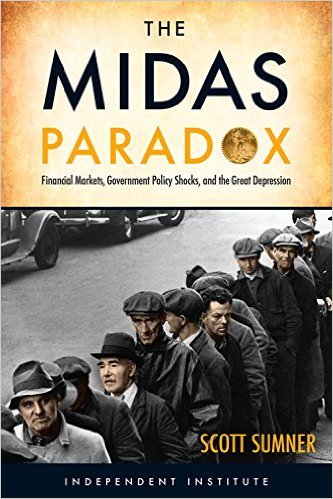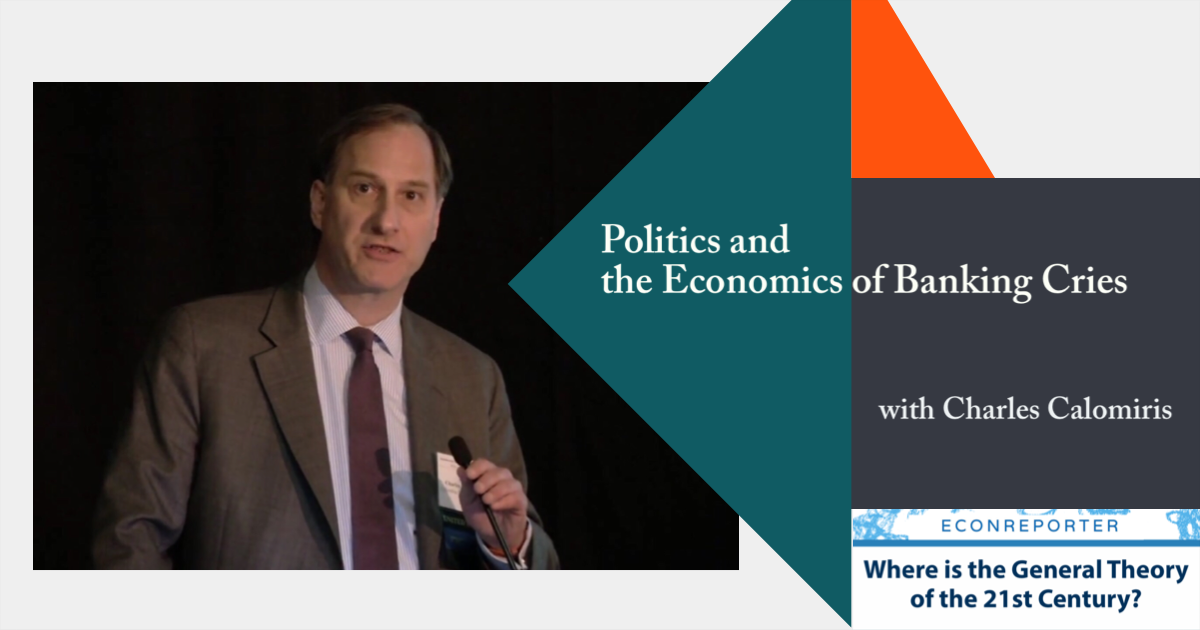How to use Interest on Reserve for Inflation Targeting? | Q&A with Ricardo Reis...
This is the eighth installment of our interview series “Where is the General Theory of the 21st Century?”
In this installment, we continue our talk...
Performance of Macroeconomics is not that bad! | Q&A with Ricardo Reis |
In the interview, Ricardo Reis discuss with us his latest research project - "Reservism", the study of the role of reserves on central bank balance sheets and their implications for central bank solvency, quantitative easing, and the ability to control inflation.
The model you should use to explain Macroeconomics to your Mum | Q&A with...
>Professor Olivier Blanchard further explained the role empirical research on DSGE models, how to teach undergraduates macro after the Great Recession, and his research on hysteresis.
DSGE model and the State of Macroeconomics | Q&A with Olivier Blanchard |
In this interview, Blanchard discussed his view on the role of DSGE model in modern Macroeconomics and policymaking. He also explained his decision to rewrite his macroeconomics textbooks after the Great Recession. His recent research on hysteresis was also discussed.
Fiscal Theory of Price Level and State of Macroeconomics | Q&A with John Cochrane...
John Cochrane talks about Fiscal Theory of Price Level and how can we apply this theory on the current macroeconomy.
What is Neo-Fisherian and FTPL? | Q&A with John Cochrane |
Cochrane discusses with us his view on the development in Macroeconomics since the Great Depression. He also explains what Neo-Fisherian and Fiscal Theory of Price Level are, and why they are important for understanding the current economic situation around the world.
Market Monetarism and Macroeconomics | Q&A with Scott Sumner |
This is the second installment of our interview series "Where is the General Theory of the 21st Century?".
In this second installment, we continue...
Midas Paradox and the Great Depression | Q&A with Scott Sumner |
Welcome! This is the first installment of our interview series "Where is the General Theory of the 21st Century?"
"Where is the General Theory of...


